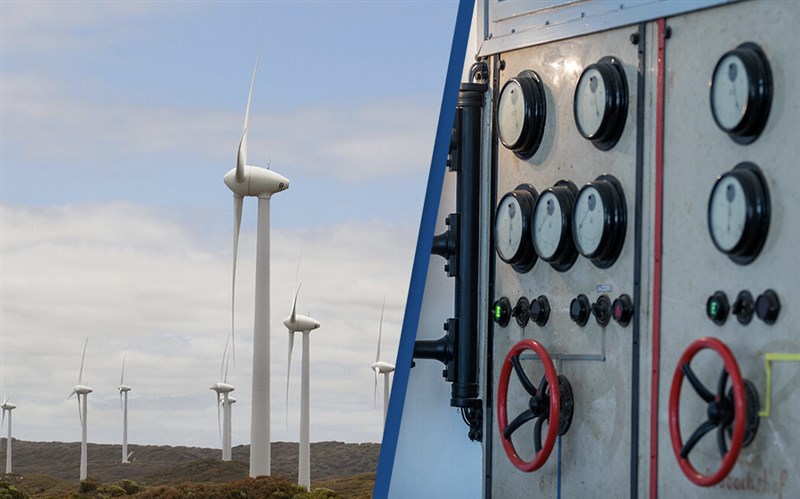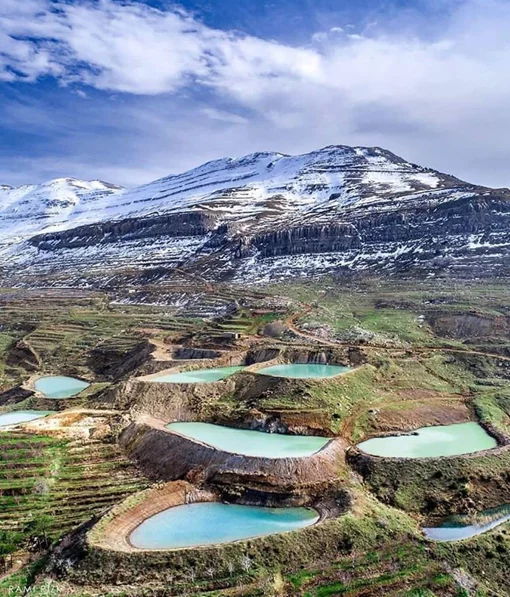An Australian island half the size of England has declared that it is now powered by 100% renewable energy.
Tasmania’s energy minister Guy Barnett confirmed last week that the state was now entirely self-sufficient in its electricity production, thanks to its wind and hydroelectric infrastructure.
Tasmania has historically been reliant on gas imports from the mainland, but has seen a huge growth in wind power in particular in the state over recent years.
When the final two turbines are commissioned at Granville Harbour, Tasmania will have access to 10,741 GWh of renewable generating capacity – well above our average annual electricity demand of 10,500 GWh.
We have reached 100 per cent thanks to our commitment to realising Tasmania’s renewable energy potential through our nation-leading energy policies and making Tasmania attractive for industry investment.
Tasmania has a longstanding record of environmental action: it was the site of the first hydroelectric power station in the southern hemisphere way back in 1895, and also the founding place of the United Tasmania Group, the world’s first environmental political party, in 1972.
The island is the first Australian state to be powered by 100% renewable electricity, although Sydney, the country’s largest city, and Canberra, its capital, both achieved 100% renewable status in the past year.
The island achieved the milestone two years ahead of schedule, and is now turning its attention to achieving a world-leading 200% renewable energy status by 2040. Tasmania recently approved a $50 million AUD project to develop the state’s renewable hydrogen industry as part of the Tasmanian Renewable Hydrogen Action Plan.
Tasmania is better placed than almost anywhere in the world to become a renewable energy powerhouse and a hub of zero carbon transport and industry, because electric vehicles, steel production, hydrogen production and more will be powered with 100 per cent renewable electricity.”
It also shows that Australian states are leading the way in the global energy transition and stepping up to act on climate.

























